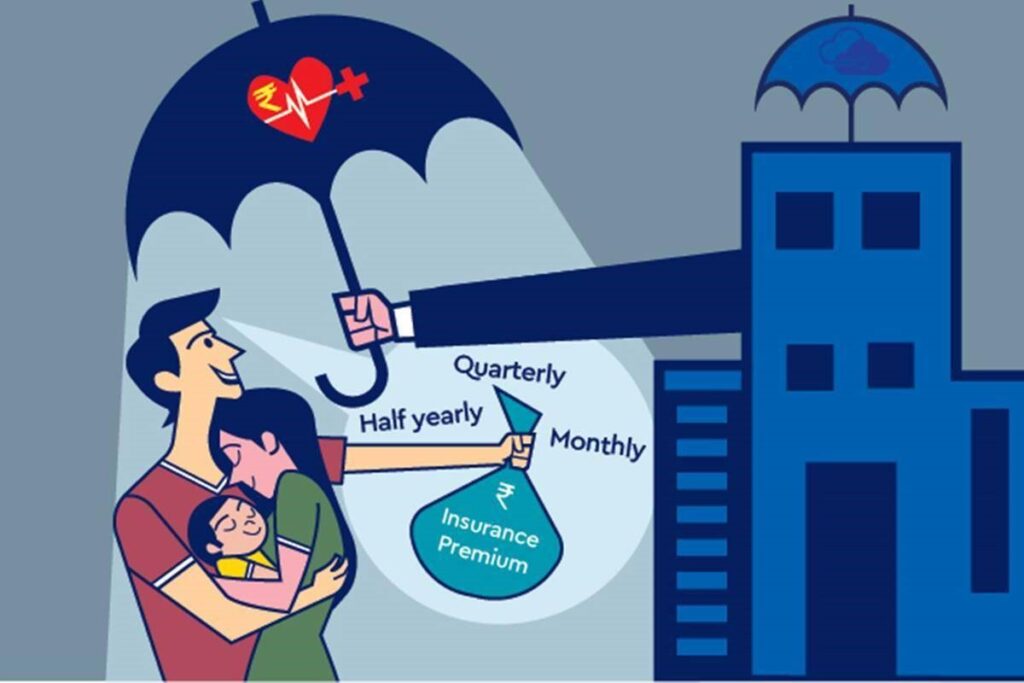
Squid Game is a South Korean survival drama series broadcast by Netflix that has everyone hooked. In fact, it may be on track to become the most popular show ever on Netflix! We don’t know yet whether this nine-episode series will have a season 2, but we can learn a lot of valuable lessons from this dark, compelling game of survival. [Warning: Spoilers ahead!]

For the uninitiated, Squid Game revolves around a group of 456 debt-ridden people who find themselves taking part in deadly versions of childhood games to win 45.6 billion won.

Here are 8 key financial lessons that you can learn from Squid Game:
1) “THE INDIVIDUAL INVESTOR SHOULD ACT CONSISTENTLY AS AN INVESTOR AND NOT AS A SPECULATOR” — BEN GRAHAM
Investing is good when you know what you are doing and it is backed with solid fundamental research. As humans we are tempted to follow the herd sometimes or we buy a stock out of #fomo (fear of missing out) or even greed, which may have disastrous results.

Sang Woo, the neighborhood friend of Gi Hun, was a star student and the most successful child from his village having a college education from SNU and a shining career. However, he gets pulled into greed and ends up in debt after his investment goes bad.
2) THINK BEFORE YOU LEVERAGE YOURSELF TO INVEST IN THE MARKETS
Following from the same example above, Sang Woo had embezzled money from his company to get rich fast. When his investment went bad, he ended up owing a huge amount of money and the police were after him too.

Normally people don’t embezzle money but they do borrow money to invest in stocks thinking that they will earn big and pay off the loan. It is human nature to try to take shortcuts to success. One should remember that loans may have high interest rates. Moreover, monthly payment obligations would mean having to sell portions of investments even when the returns are low. One should only borrow to invest when the risk level of the investment is low and the ROI is high.
3) DON’T KEEP ALL YOUR EGGS IN ONE BASKET

Sang Woo said to Gi Hun, his team mate, before they are supposed to play a game, “Try not to keep your eggs in the same basket.”
Basically, we should diversify our investments (either geographically, sector wise, based on asset class, or any other factor) so that the risk is distributed and if one investment fails, we still have other investments to keep our overall portfolio above water.
4) “SHOW ME A GAMBLER AND I’LL SHOW YOU A LOSER” – MARIO PUZO

The protagonist, Gi Hun, is a gambling addict. He steals from his mother and even uses the money meant for his daughter’s birthday gift, and spends it away on gambling. People who gamble find themselves entrenched deeper and deeper in the debt hole until they can see no way out.

You must think very carefully before investing your hard-earned money into any stock or asset or even before gambling it away. You may see your friends making money in a bull market from short term trading and you may be tempted to stop your SIP investments and want to trade like your friends. One should never invest solely based on “expert” tips which advise buying low grade stocks to make quick money. The tides may turn anytime, and in the end, only the good companies survive. When this happens, all the gamblers are washed away and the wise investor prevails. So, study your investments deeply and make an informed decision, or seek advise from a professional adviser, not an overnight expert.
5) GETTING INSURANCE IS YOUR RESPONSIBILITY TO YOUR FAMILY AND LOVED ONES. YOU MAY HATE IT BUT IT IS YOUR RESPONSIBILITY. – JEREMIAH SAY

In the show, Gi Hun finds himself helpless when he realizes that he cannot treat his mother who is suffering because of diabetes. They cannot afford the hospital bills so they are forced to come back home. Gi Hun had cancelled the insurance earlier to avoid the burden.
Insurance is a valuable step in financial planning because it helps you fight the odd curveballs that life may have in store for you. It acts as a financial safety net. Insurance offers a payout so that if there is an unforeseen event you and your family can hopefully continue to move forward.
6) DON’T GET BITTEN BY A LOAN SHARK

Gi Hun, the lead on the show, ended up consumed in debt because of loan sharks. After being turned down by everyone, he joins the game in a state of desperation, risking his life for money.
The best advice for dealing with loan sharks is: DON’T. Loan sharks are unlicensed money lenders. They offer bad terms, high interest rates and harass the borrower on defaults or late payments. They may also pressure you to borrow more to repay the original debt, hence causing you to fall into a vicious debt cycle. Although you cannot go to jail for not repaying a loan shark, they are well known to threaten violence to recover their money back.
Most people who go to loan sharks have little or no savings, or maybe desperate for money or may have a low credit score. You must always manage money cautiously and employ a financial planning approach which allows you to save for a rainy day.
7) THE WORLD IS UNFAIR AND THERE ARE NO SHORTCUTS TO SUCCESS

Agreed that it is not a level playing field for everyone on earth. Some people are born smart, some are born rich while others simply get lucky. Accept the cards that you have been dealt and work with that. Don’t chase quick means to success as you may end up in some crazy situation.
In Squid Game, the 456 desperate people followed a mysterious stranger who was offering money for winning a childhood game. And if you lose, you will get slapped. And if that was not enough, they even followed the card and ended up being kidnapped into a deadly, vicious game in which the majority lost their lives. Whenever something looks like it is too good to be true, it probably is. There is always a catch. And sometimes it might cost you much more than just money. So, don’t get sucked into some Ponzi scheme or attractive investing ads showing trading tricks to “Get Rich in 7 Days”. There are no shortcuts to success. Believe in yourself and keep hustling because hard work will give you success.
8) INVEST IN APPRECIATING ASSETS

Instead of finding a job or being careful about the little money he got, Gi Hun gambles away all his money. He does not think long term and is concerned only about his short-term pleasure.

He also said: An asset is something that puts money in my pocket.
So instead of saving up for buying that flashy Tesla Model X, you may consider buying, say, the Tesla stock (NOT a recommendation to buy), or any dividend paying stock, or an ETF or an index fund or any other asset that you like and understand which will go up in value over time. A car will always lose some value over time because of normal wear and tear. The more mileage your car racks up, the higher the probability of you having to pay to fix or maintain something. Mind you, I am not saying that you should keep all your money stashed away and never indulge in luxuries. All I am saying is that if your finances are all over the place and you do not have enough savings, then it might be a good idea to postpone the purchase of a vehicle and invest in growing your money first.
Disclosure
The above article is for educational purposes only. Under no circumstances does any information provided in the article represent a recommendation to buy, sell or hold any stocks/asset. In no event shall ViA or any Author be liable to any viewers, guests or third party for any damages of any kind arising out of the use of any content shared here including, without limitation, use of such content outside of its intended purpose of investor education, and any investment losses, lost profits, lost opportunity, special, incidental, indirect, consequential or punitive damages resulting from such unintended use.



